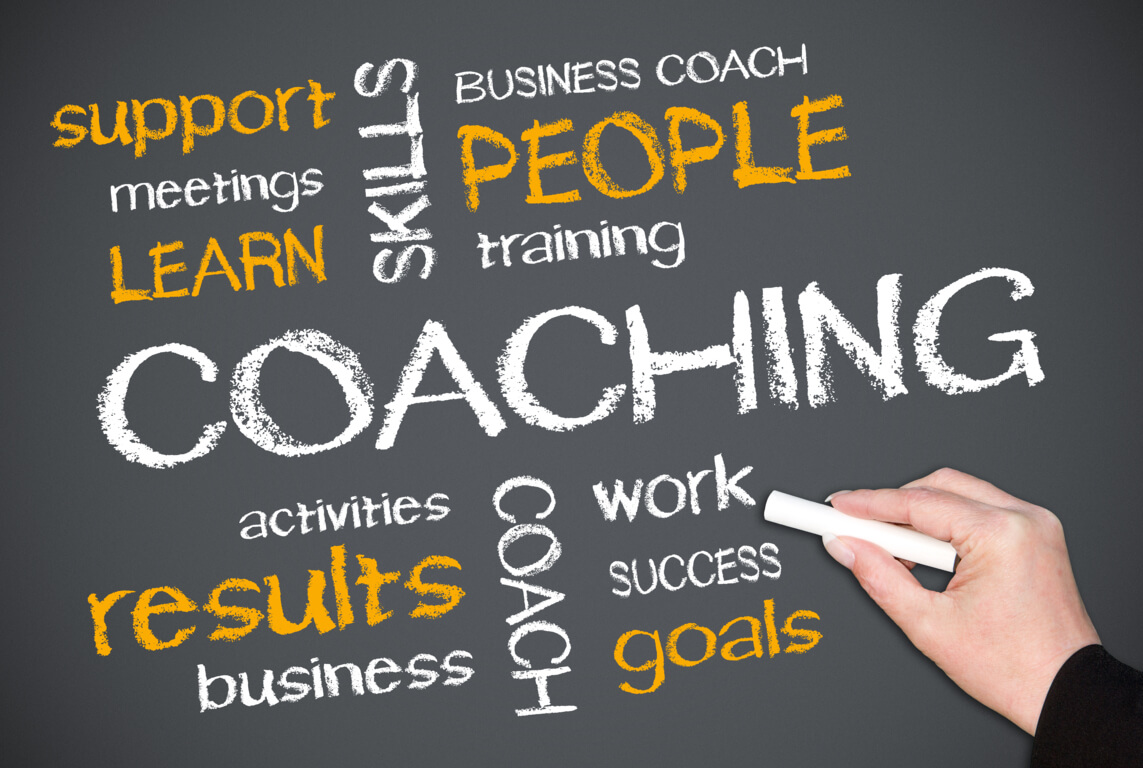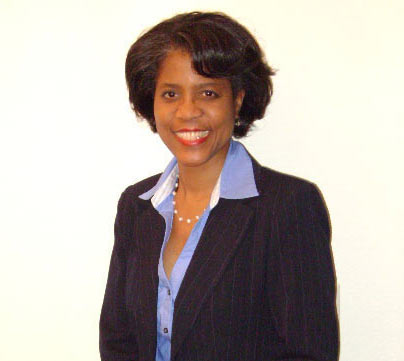What is the Coaching and Consulting Process?
Unique Pathways Coaching and Consulting Services partners with you to add value to yourself by assisting with your interactions, communication style, conflict management, inner self-talk regarding what you can and can’t do and, most importantly, getting comfortable with the gifts you possess.
As your Unique Pathways Executive Coach, my role is to help you take information and skills that you already have or will learn…

Unique Pathways Coaching Program Services uses a core approach developed by Dr. Holder involving four (4) phases:
Discussions of progress with the professional occurs throughout the coaching engagement and can become more specific mid-way through the coaching process and/or at the end of the coaching engagement.
Dr. Holder will support, encourage, teach and help you stay on track to reach your goals. Your role is to be open to experimenting, candid about your areas of concern and motivated to being your best self in whatever area of life you find yourself.
You set the agenda and your success will depend on your willingness to define and take risks and try new approaches. You can expect Dr. Holder to be honest and direct, ask straightforward questions and to use supportive and challenging techniques, when appropriate, to help you move toward your expressed and unique goals.
How Does Unique Pathways Coaching Work?
Leadership and professional coaching are dynamic, interactive and based upon a collaborative relationship. With your goals, values, interest and work and life experiences in mind, your unique action plan is designed to achieve your aspirations. The coach helps in achieving your goals by asking strategic questions, partnering with you to reflect on your impact on those around you, becoming aware of potential blind spots and derailing behaviors, and refining specific skills sets and competencies identified for success. Coaching sessions can take place in-person, by phone or Zoom.

As part of The Duke-Johnson & Johnson Nurse Leadership fellowship program, I was provided with leadership coaching sessions with Dr. Judith Holder. She was very astute at identifying and helping me to understand who I am as a leader. Judith taught me that I can only change how I react to the behavior of others, not change their behavior. Through asking thought provoking questions and role playing, I was challenged to be more comfortable when confronted with difficult workplace situations. I greatly value the confidence that I have built through my coaching sessions. Dr. Holder is an awesome, inspiring …Read more


How Does It Begin?
Our first session focuses on gathering information about what you would like to focus on. We will discuss any questions you may have about coaching. It is important for you to feel comfortable, connected and relaxed. If this is a new experience for you, no need to worry. I know how to get started if you are uncertain.
How Long Does It Take?
In order to get the most out of executive, leadership, performance and personal- professional coaching, I recommend that you commit to coaching for minimum of 6 to 8 months. Typically, the results of coaching are exponential over time. Within the coaching field, many clients decide to stay engaged in coaching much longer. Also, ask about maintenance coaching packages.
When is a Good Time to Begin?
There is no time like the now. Contact me. I look forward to hearing from you.
Is it Coaching or Psychotherapy?
I am your Unique Pathways Executive Coach and my unique skills, training, knowledge and experiences add exceptional value to your coaching (and consulting) experience and engagement.
As an executive coach, I am also a psychologist and a marriage and family therapist. I have received training in diagnosing and treating emotional, psychological, interpersonal, social and familial/couple system problems arising in daily living. Although there are some similarities between coaching and psychotherapy, I do not conduct psychotherapy with my coaching clients. Both coaching and psychotherapy utilize knowledge of human behavior, motivation, behavioral change and interactive solution-focused approaches, but there are major differences in the goals, focus, and level of professional responsibility. My focus with each of my clients is executive coaching and assisting you with moving from where you are currently to where you wish to be in the future, even if you’re not quite sure how to get there.
I have provided a chart below that highlights the differences between coaching and psychotherapy.

Unique Pathways Differences in Coaching & Psychotherapy
| Coaching | Psychotherapy |
|---|---|
| Views both parties as naturally creative, resourceful and whole. | More apt to view clients from a mental health and medical model. |
| Does not diagnose or treat. | Diagnoses and treats (e.g., depression, anxiety). |
| Trained to work with functioning clients. | Trained to work with major mental illness. |
| Uses a coach model in which coaches and clients are collaborative and partner to achieve goals. | Uses a therapist as “expert” model. Hierarchical differences exist between therapist and clients. |
| Collaboratively design goals and focuses on evolving and manifesting potential. | Treatment plan largely designed by therapist and focuses on resolving past problems. |
| Emphasis on present and future. | Emphasis on past and present. |
| Action oriented. | Insight oriented. |
| Solution and future oriented. | Past and family of origin oriented. |

